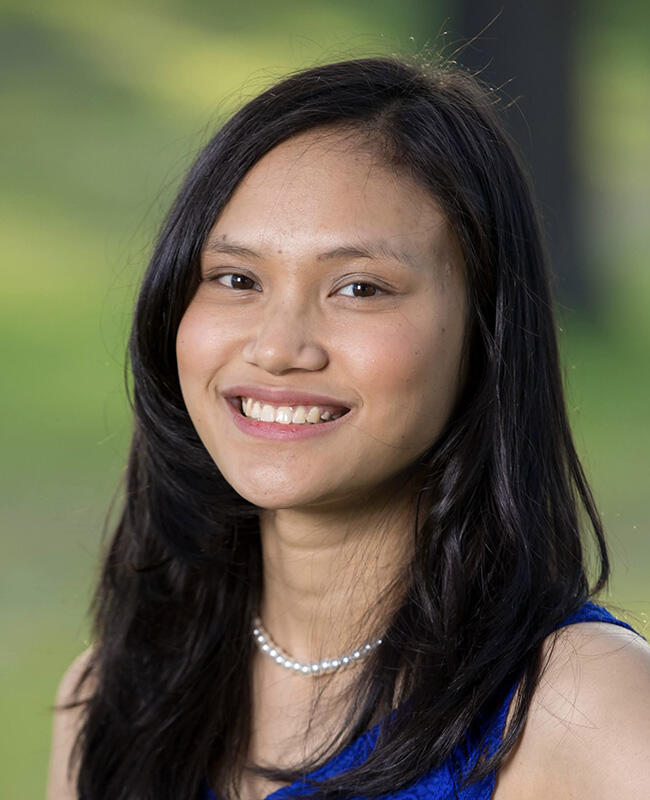

Students from around the world have returned to UC Berkeley to start the fall semester, and many are bringing lessons from summer internships with them. These valuable experiences often further their careers, build lasting connections, and advance their practical understanding of their academic fields.
Students majoring in cognitive science — an interdisciplinary study of the human mind that draws on psychology, neuroscience, linguistics, computer science, and other fields — have the opportunity to utilize the CogSci Career Catalyst program to secure meaningful internships. The initiative jumpstarts students’ professional journeys by connecting them with employers and providing stipends to minimize the financial barriers that prevent many students from participating in low-paying or unpaid internships.
“The CogSci Career Catalyst program allowed me to solely focus on my internship this summer without financial burden,” said Jessica Co, who is double majoring in cognitive science and molecular and cell biology. “This program is truly a gift to myself and my peers.”
Previous participants have improved their skills and found the program helped them achieve their professional goals.
“This program created a real impact in my career trajectory,” said Angel Xu, who interned at Oracle in 2022 and spoke at her commencement ceremony in 2023. “I deepened my understanding of design research through a healthcare project and collaborated with many creatives — made some good friends, too. Now, I’m a full-time design researcher at Oracle!”







